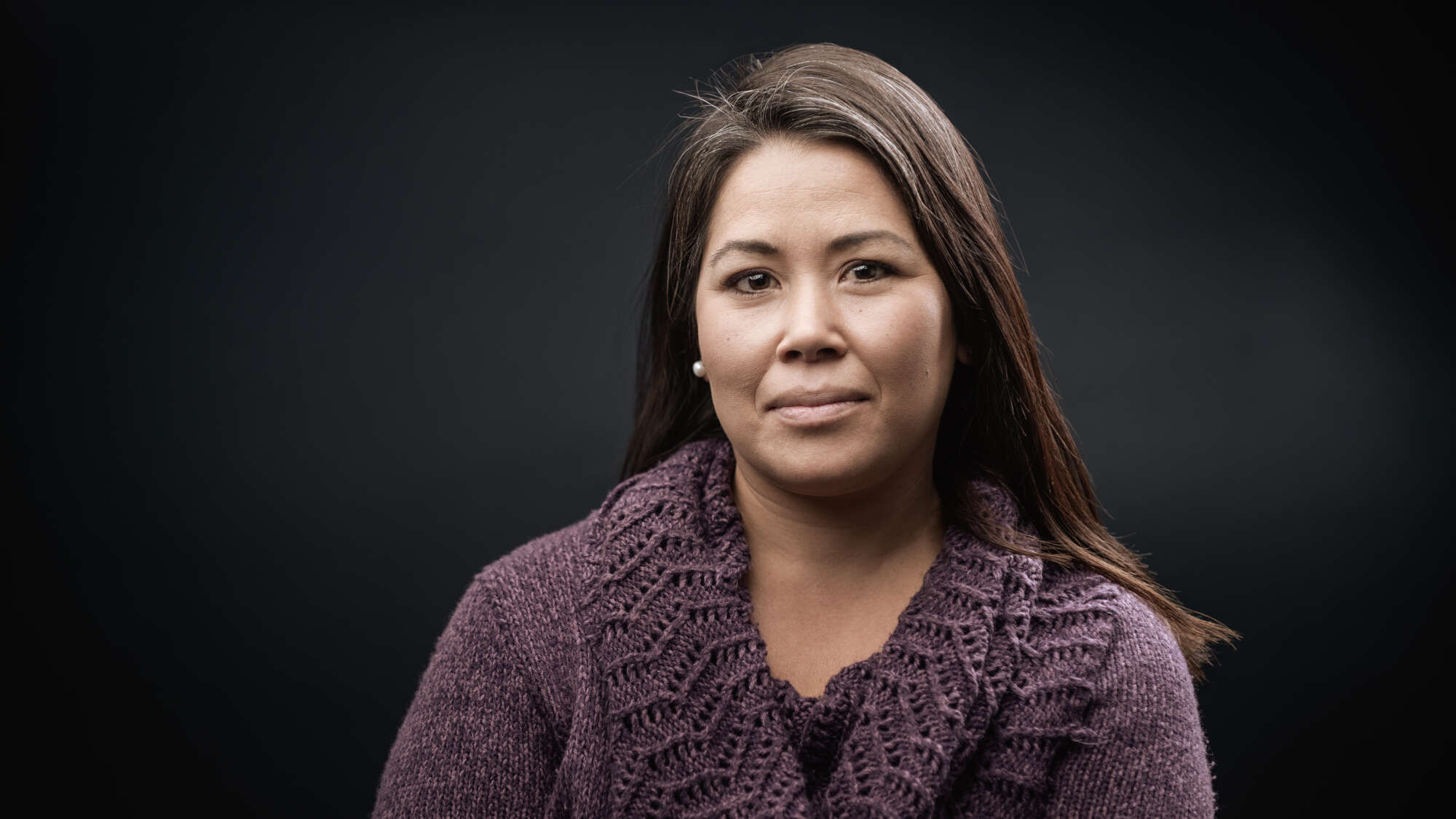“I share my mental health story with my students. It has helped a couple of students seek those services because they’ve come to me and asked, ‘How do I make an appointment?’”
Before Olivia Law-DelRosso was selected as Kansas State University’s assistant dean for diversity, equity, inclusion and belonging in the College of Business Administration, she was a K-State student. She experienced depression and anxiety throughout her life, and while a student, “I didn’t take care of myself as much as I should have.”
Olivia found the courage to ask for help and reach out to K-State’s mental health services. Now, she shares her story with her classes to reduce the stigma of seeking mental health services and to advise students about the mental health resources available to them at K-State.
“It was wonderful that I could walk into Counseling and Psychological Services (CAPS) and get the assistance that I needed — a friendly face available to hear my story and provide tools to help work through it,” Olivia said. “I like to share that experience because even as someone who is an advocate for mental health, somebody who studies it, it was hard for me to admit to myself that I needed that help and to walk into that building.”
Stories like Olivia’s inspired the focus of 2022’s All in for K-State day of giving, which focused on increasing access to K-State mental health services. The demand for mental health services at K-State has increased by 27% since 2019, mirroring national trends. One in four college students nationwide have had serious thoughts of suicide.*
“My role is to help my students learn and be successful. It’s important for K-State to provide mental health services to students because it helps them be academically successful,” Olivia said. “To be able to concentrate on their studies, take care of their mental health or whatever challenges they might be experiencing, whether it’s anxiety, depression, ADHD — a whole slew of challenges that everybody faces at some point in their life. As a university, we want our students to be successful, and in order to do that, we need to help them be physically and mentally healthy.”
By increasing funding, K-State can increase awareness of how mental health relates to academic and lifelong success. Greater funding can also provide more resources to support mental well-being and reduce the stigma of seeking mental health services.
“This cause is important to me because I’ve been in that place,” Olivia said. “I’ve been in that place where I was struggling with my mental health, and it took me a lot of time and effort and encouragement from others to seek the help that I needed. The more we can support and create greater awareness to reduce the stigma (of mental health), the greater chance that we’ll be able to help students in need. So, I share my story with my students. And I do know that it has helped at least a couple of students seek those services because they’ve come to me and asked, ‘Where is that building? How do I make an appointment?’ Some of them, I’ve taken down there so they can feel more comfortable walking into the office.”
*From Trends in College Student Mental Health, 2020-2021, JED Campus



